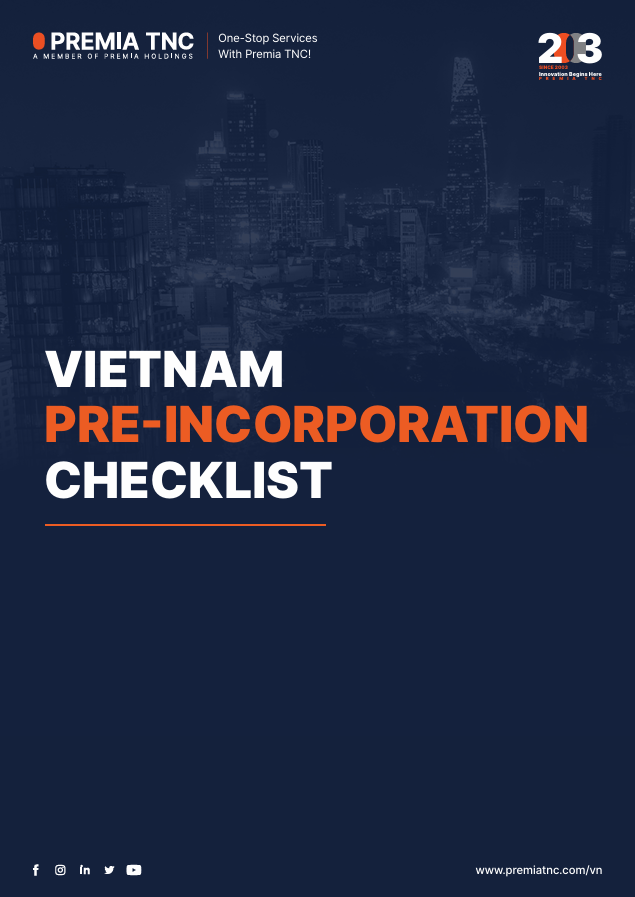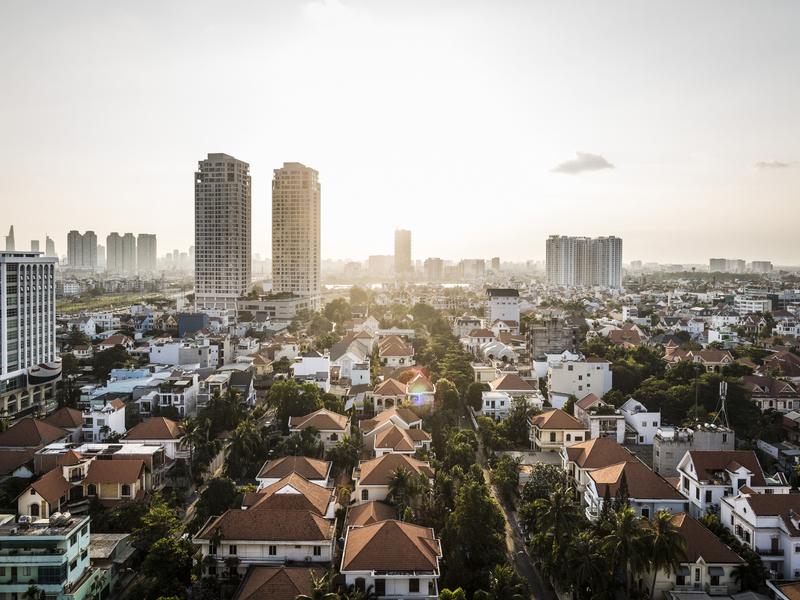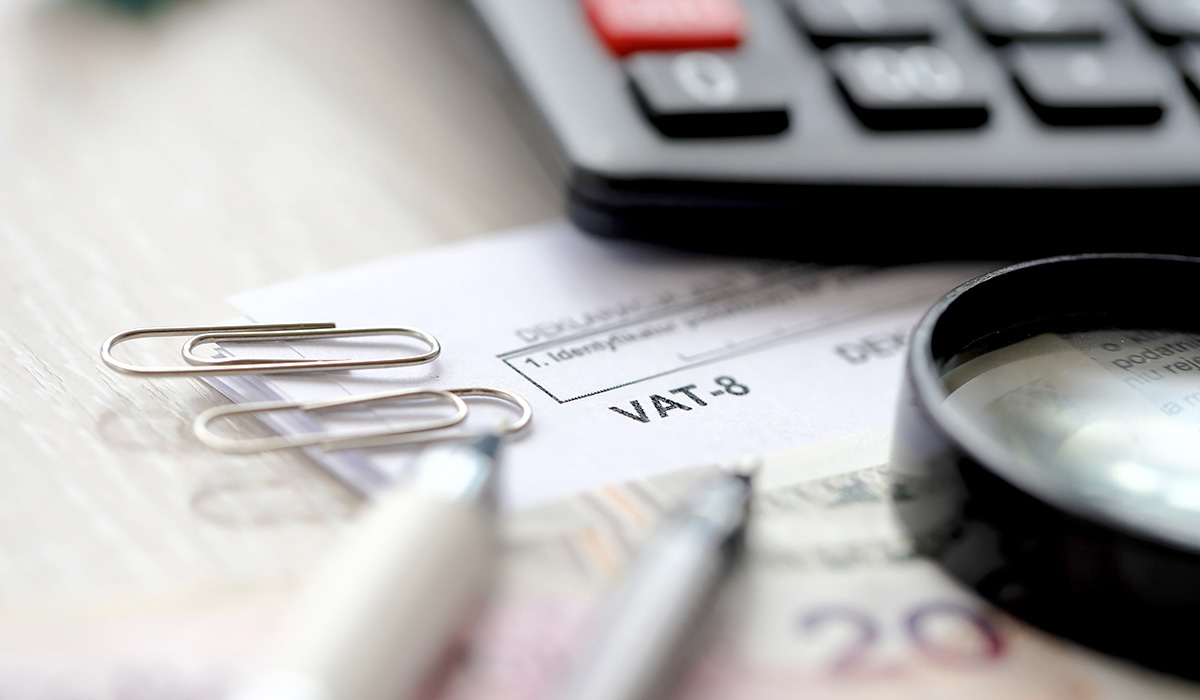

Have you thought about opening a business abroad? Vietnam is one of the most up-and-coming countries in the world and well worth considering. It’s also a tech hub, but how to open a company in Vietnam?
With friendly people and a low cost of living and low wages, it’s the perfect place to consider opening a business. With phenomenal growth every year even despite the COVID restrictions, if you play your cards right you could end up making a lot of money.
Here’s everything you need to know about how to open a company in Vietnam.
1.Do Your Research
Before you begin your journey into Vietnam company set up you should do your research. Most experts argue you should come to Vietnam first as a tourist and try to understand and immerse yourself in the culture for at least a month before you open the company.
Nowadays, most of Vietnamese people could speak English as well as it is in other Asian countries such as Thailand, India, Hong Kong, or China.
You should also consider reading books such as Startup Vietnam by Andrew Rowan or Crossing the Street: How to Make a Success Of Investing in Vietnam by Andy Ho. These are great for learning about Vietnam business set up.
2. Business Lines
To do a Vietnam company set up you must decide what business you will pursue before you open your company and then apply for those specific business lines and only some of those are open to foreigners.
Your business must also have an initial capital investment that matches the business lines you’ve applied for. The level of capital investment required is evaluated by the local Departments of Finance on a case-by-case basis.
Be aware that once you have committed to a specific business line and initial capital investment you must do capital contribution within 90 days of being granted your business license.
3. Engage a Lawyer
Personal connections in Vietnam are very important. Laws can also be interpreted in different ways depending on who is applying and in what part of the country.
You are more likely to succeed if you have a reputable lawyer who can vouch for you. These are not easily found on Google. You will often find lawyers, accountants, and other key people through personal recommendations or friendships you make with other foreign businesspeople in Vietnam.
If you do attempt to make your application on your own be aware that the application will be completely in Vietnamese and that it requires endless amounts of paperwork.
4. Apply for Your IRC
The first step, as your lawyers will no doubt advise you, is to apply for your Investment Registration Certificate. This is a certificate granting you the ability to invest in Vietnam.
Any business with foreign direct investment – regardless of the percentage – must have an IRC.
Your application must include a certain amount of capital investment and copies of bank statements showing that you have this amount of money in your bank account.
Generally, you must also include copies of your passport. If you are setting up the company in partnership with someone else then you must also decide on how the company will be split up: whether it will be 50/50, 60/40, or for instance 80/20. The business lines of the Partnership Company is also an issue to be aware of, as it will determine your maximum rate of your capital in joint venture. Absolutely, your lawyer will be the one to tell you about it before making joint venture.
5. Apply for Your ERC
The next step is to apply for an Enterprise Registration Certificate. This step is easy once you have got your IRC and generally only takes one week for approval. The IRC grants you the right to invest in Vietnam.
The ERC grants you the right to use that investment to establish a company and complete your Vietnam company formation.
You will need your ERC to apply for your company stamp, company sign, and to open a company bank account in Vietnam.
6. Apply for Visas
Business Visa
A business visa is the second most popular kind of visa that’s granted by the Vietnamese government, and they are classified into two kinds: DN1 and DN2.
- A DN1 visa is granted to foreigners who work for businesses and organizations that have legal status and comply with the country’s laws.
- An DN2 visa is granted to foreigners who enter Vietnam for the purpose of creating a commercial presence or entity in compliance with international treaties to which Vietnam is a party.
Vietnam business visas can also be further divided into single or multiple entries across varied durations.
For those who are planning to stay in Vietnam for longer than three months, it’s advised that you secure other visas such as the Investor and Working visas.
Investor Visa
An Investor visa is one that is granted to foreign investors who have stakes in businesses or organizations in Vietnam. Like a business visa, an Investor visa is also classified into different groupings:
- A DT1 visa, Vietnam grants DT1 visas to foreign investors with a minimum capital contribution of VND 100 billion. This Investor visa is valid for up to five years.
- A DT2 visa is granted to foreign investors in Vietnam with a capital contribution of under VND 100 billion. This kind of Investor visa is valid for up to five years.
- A DT3 visa is granted to foreign investors in Vietnam with a capital contribution of under VND 50 billion. This kind of Investor visa is valid for up to three years.
- A DT4 visa is granted to foreign investors with a minimum capital contribution of less than VND 3 billion. This kind of Investor visa is valid for up to 12 months.
Working Visa
Working visas can also be issued to foreigners who have professional obligations to established organizations or companies in Vietnam. Working visas are classified into two: LD1 and LD2.
- An LD1 visa is granted to foreigners who come to Vietnam with a work permit exemption certificate unless otherwise covered by international treaties to which Vietnam is a member.
- An LD2 visa is granted to foreigners who are able to secure a work permit in Vietnam.
A Working visa has a validity period of up to two years.
How to Open a Company in Vietnam: Licensing and Regulatory Permissions
Understanding Industry-Specific Requirements
When considering how to open a company in Vietnam, one of the first steps is to identify whether your chosen business activity is regulated. While service-based enterprises often operate under general registration, sectors such as finance, education, healthcare, telecommunications, logistics, and food and beverage require special approvals.
Additional Approvals and Documentation
These licenses are issued by industry-specific authorities and serve to ensure that businesses comply with safety, quality, and operational standards. Preparing the necessary paperwork, including compliance records and certified translations, is essential. Failure to obtain the right licenses before beginning operations may result in significant delays and potential legal complications.
How to Open a Company in Vietnam: Tax, Accounting, and Compliance Obligations
Corporate and Value-Added Tax Registration
An integral part of how to open a company in Vietnam is registering with the tax authority. Newly formed companies must comply with corporate income tax requirements and register for value-added tax. Vietnam applies a standard corporate tax rate, though incentives exist for industries operating in priority sectors or economic zones.
Payroll and Social Contributions
Employers must also account for personal income tax on behalf of employees, in addition to contributions toward social insurance, health insurance, and unemployment insurance. These obligations are non-negotiable and are monitored closely by the authorities.
Bookkeeping and Audit Requirements
Businesses are required to maintain financial records in line with Vietnamese accounting standards. Certain companies, particularly foreign-invested enterprises, must undergo annual audits. Timely compliance is crucial because failure to meet tax and reporting deadlines can result in fines, restrictions, or even suspension of operations.
How to Open a Company in Vietnam: Costly Mistakes to Avoid
Incorrect Business Line Selection
A frequent error in how to open a company in Vietnam is failing to choose the correct business line during registration. Misaligned activities can restrict operations or require costly amendments later.
Delays in Capital Contribution
Entrepreneurs often underestimate the importance of contributing the registered charter capital within the legal timeframe. Missing this deadline may lead to financial penalties and undermine business credibility.
Incomplete or Misfiled Documentation
Another common mistake is neglecting proper translations or submitting incomplete applications. Even small errors in documentation can result in delays or rejection of applications.
Neglecting Ongoing Compliance
Finally, many businesses focus heavily on incorporation and overlook ongoing responsibilities. Missing tax filings, reporting duties, or license renewals often causes more disruption than the initial setup process itself. Careful attention to compliance helps ensure smooth long-term operations.
How to Open a Company in Vietnam? Understand Vietnam First
How to open a company in Vietnam? Since the outbreak of the pandemic, the implementation of opening a company remotely has become popular and widely applied, including in Vietnam. All you need to do is determine the business line you want to operate in Vietnam and find reputable lawyers so that they can guide you on all related matters.
If you need assistance in setting up a business in Vietnam or anywhere in Asia be sure to contact us today.

















